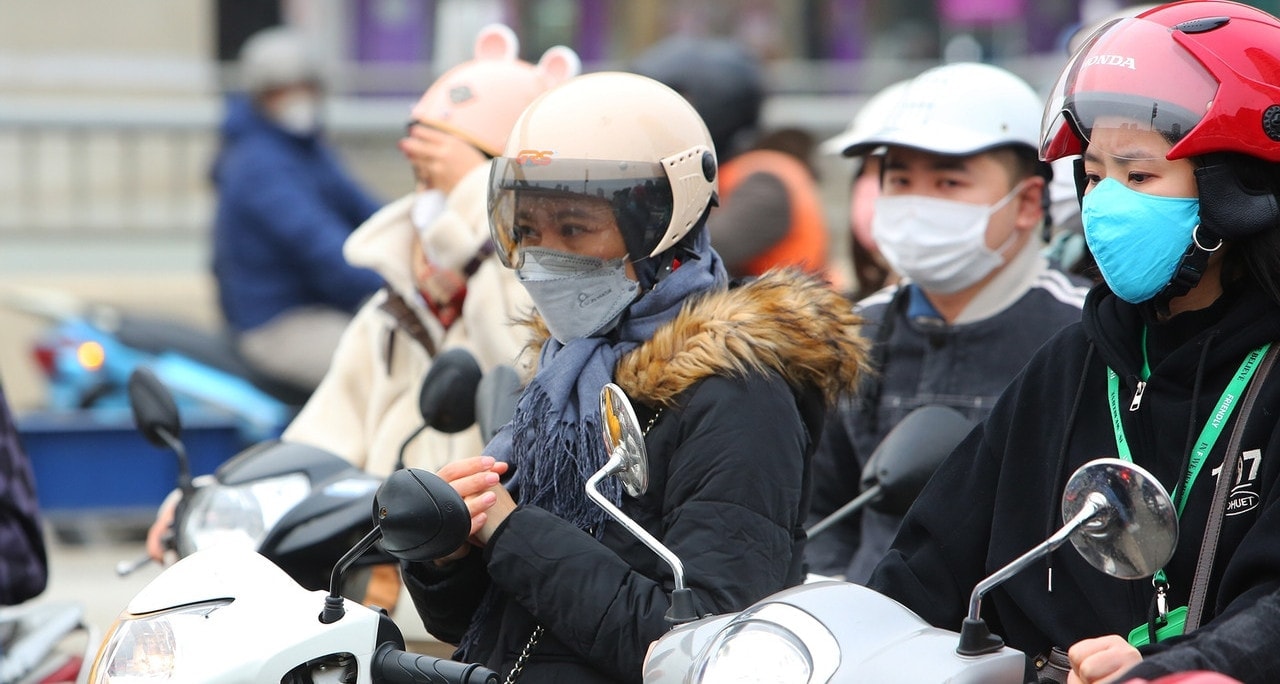In about 2 days, strong cold air is likely to flow down to our country, causing the temperature in the North to drop sharply. The Northeast, including Hai Duong, will be the coldest at 10 degrees Celsius.

According to the National Center for Hydro-Meteorological Forecasting, currently in the north there is a cold air mass moving south.
Around January 9, this cold air mass will affect the Northeast region, then affect the North Central region and some places in the Northwest and North Central regions.
From the night of January 10, the cold air continues to strengthen and affect other places in the Northwest and Central Central regions, and some places in the South Central region. The northeast wind inland gradually strengthens to level 2-3, and coastal areas to level 3-4.
Due to the influence of cold air, the weather in the North, North Central and Central Central regions is cold, the mountainous and midland areas of the North have some places with severe cold. The lowest temperature during this cold air wave in the North and North Central regions is generally from 10-13 degrees Celsius, in the mountainous areas of the North 6-9 degrees Celsius, in the high mountains some places are below 5 degrees Celsius.
The Northeast region, including Hai Duong, has very cold weather, with the lowest temperature commonly ranging from 10-13 degrees Celsius.
The cold air that has been strengthening since the night of January 9th has caused rain, showers and scattered thunderstorms from Ha Tinh to Binh Dinh, with some places experiencing heavy rain. Thunderstorms are likely to bring tornadoes, lightning and strong gusts of wind.
The meteorological agency warned that the impact of cold air causing thunderstorms accompanied by tornadoes, lightning and strong gusts of wind could affect agricultural production, break trees, damage houses, traffic works and infrastructure.
Localized heavy rains can cause flooding in low-lying areas; flash floods in small rivers and streams, and landslides on steep slopes.
Strong winds and large waves at sea are likely to affect boating and other activities.
PV